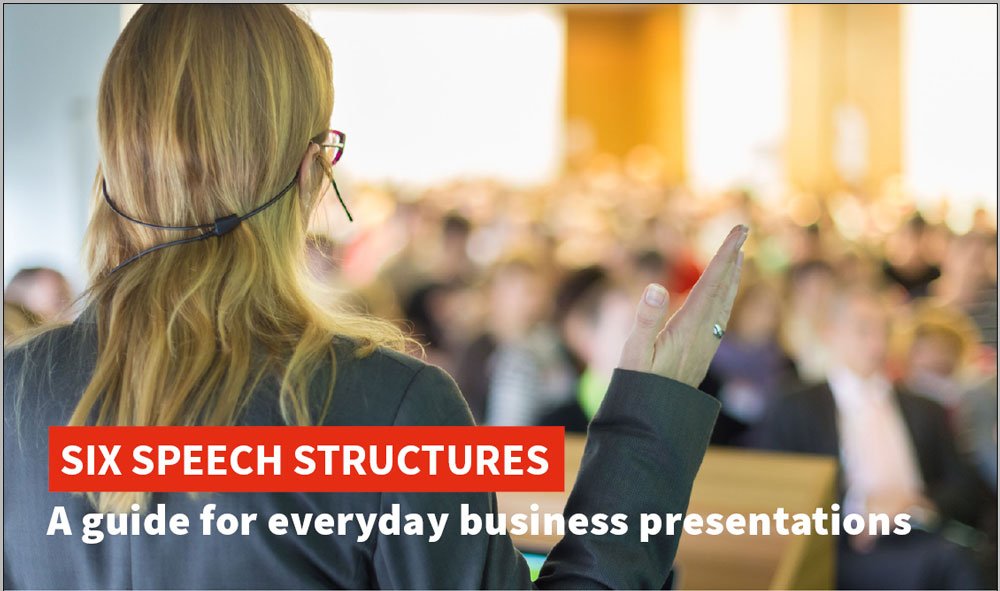Why Comparisons are Bad But Can Be Made Good


Will you ever be a great presenter if you don’t believe in your own ability and worth? A great deal of the advice around Presentation Skills is focused on actual Presentation Techniques. Crucial – without a doubt – but just how effective if the would-be presenter isn’t in the appropriate state of mind and is constantly comparing themselves – usually unfavourably – to others? In this article, speaking coach Lisa Braithwaite explains how important it is to adopt the right mindset in order to overcome fears of our own failings and make a positive impact.
Are you comparing your 3D self to a cardboard cutout?
I have a client who gets upset during meetings because she feels that her fellow managers always know what to say and how to say it articulately and clearly. She feels that she’s not up to par, and she puts herself down for her lack of knowledge and abilities.
Note: she’s new to the company and new to the industry, but she’s comparing herself to veterans who’ve been doing this work for decades.
Let’s talk about why we cannot and should not compare ourselves to others, and how we harm ourselves when we do it.
1) It’s impossible to be like anyone else
Really. Ya gotta get this through your head, my friend. You are the only you. Meryl Streep is the only Meryl Streep. Usain Bolt is the only Usain Bolt. Martin Luther King, Jr. was the only Martin Luther King, Jr. Need I continue?
You might admire certain qualities that a certain someone demonstrates, and there’s nothing wrong with working on developing those qualities in yourself. But you and another human being will never be comparable; there are too many innate personality traits, life-shaping experiences and intangible factors that make us who we are.
2) We don’t know the other person’s real story
We are often comparing ourselves to just the outward characteristics of a person – especially when we don’t know them personally and all we ever see is their carefully curated social media posts. We see a person who’s beautiful, successful, kind, positive, assertive and has the kind of lifestyle we crave. But what’s going on below the surface? Depression? Divorce? An eating disorder? Bankruptcy? You don’t know them, so you’re basically comparing yourself to a two-dimensional image, like a TV character or a cardboard cutout!
Or we see a well-paid speaker on a big stage who seems to have a ton of natural talent: they’re funny, smart, well-spoken, warm, compelling and masterful, and they seem to be speaking straight from the heart, unrehearsed, unscripted even. That speaker has likely put in more work than you can ever imagine. That speaker may indeed have a natural talent, but I guarantee you that, like every other successful performer, they’ve worked their butt off to achieve what looks so effortless on the surface.
3) We inevitably are comparing our worst qualities and lesser talents to their best qualities and best talents
We can’t help but look at that successful and powerful speaker and say “What am I doing wrong?”.
Am I right? We look at their gifts and their hard-earned skills and abilities and wonder why we don’t have what they have, rather than looking at our own inherent talents, skills and abilities.
When we compare ourselves to others, we lose track of our own strengths and gifts. We give others credit for superficial qualities. We put ourselves permanently in second place, never finding ourselves able to live up to the impossible standards of another person whose life experiences, training, education, support, belief systems and inherent talents may be completely different from ours.
So here’s the big question:
How can we stop comparing ourselves to others?
1) Only compare yourself to yourself
Where were you a month ago or a year ago in your development? Look how far you’ve come! Look at what you’ve accomplished over time. When you compare yourself to yourself, you’re much more likely to come out ahead. And if not, at least you know intimately where you’re letting yourself down in your own growth and improvement.
2) Remember that some people are ahead of you, and some people are behind you
It’s okay to look up to someone as a role model for where you want to be in the future. There are speakers who have decades more experience than I do, and there are speakers who are just starting out who look up to me as a role model.
We’re all on the same continuum of knowledge and experience, just in different places.
There are people you can learn from and there are people who can learn from you!
3) Don’t resent the people ahead of you, and forget about comparing yourself to them. Instead, learn from them.
What would it take for you to achieve what they’ve achieved? Is that really what you want? Maybe it is and maybe it isn’t!
Personally, I’d love the money that the big speakers make, but I’m not at all interested in being on a plane 200 days a year. I’d rather have a personal life and a lot of downtime, and to find a way to do what I do better and more efficiently, like offering virtual programs or having clients travel to my annual retreat.
But there are plenty of brilliant business and speaking ideas that I can gain from those ahead of me. So instead of comparing myself, I’m learning. Instead of comparing myself and feeling that I’m lacking, I acknowledge my own individual personality, style and strengths. I work on cultivating those attributes that make me unique and special, and I work on cultivating the particular value I bring to my clients and audiences.
When you understand the value and unique perspective you bring to your audiences and clients, there is no longer any need or desire to be like or to copy someone else. Your people are out there waiting for you, for your singular outlook and your one-of-a-kind point of view. Don’t let them down.

















